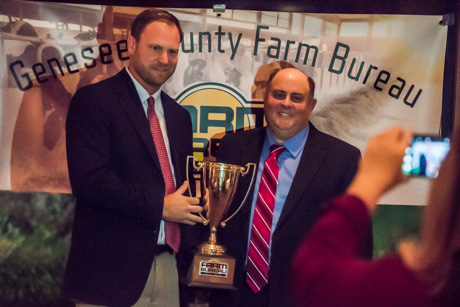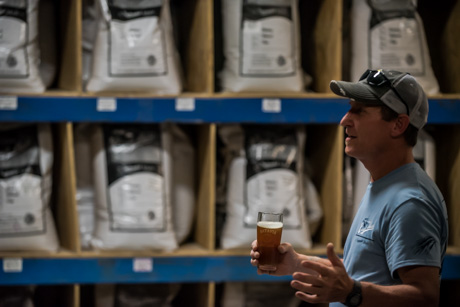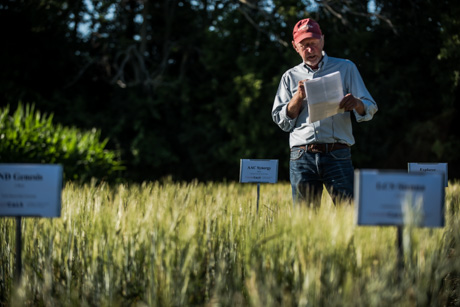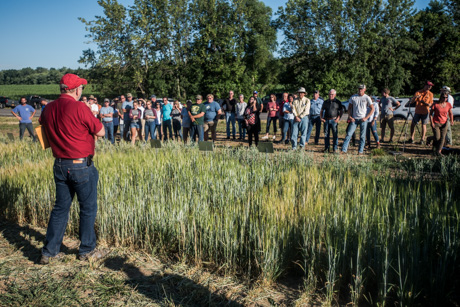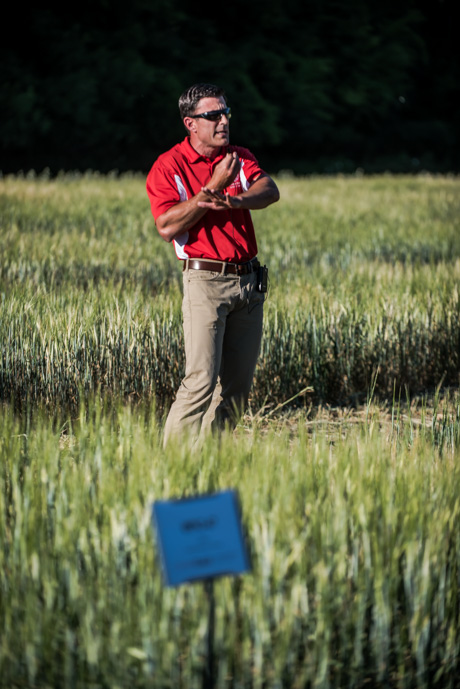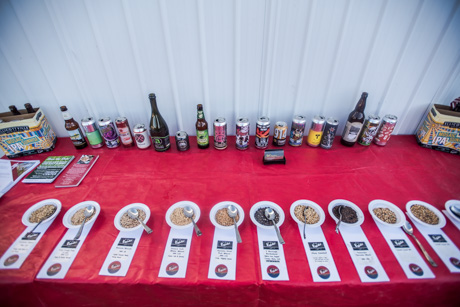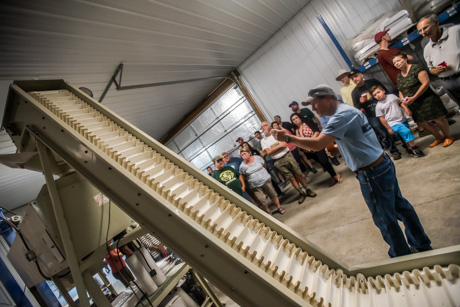Register now for 'Turning Precision-Ag Data into Dollars' -- deadline is Feb.13
Registration closes on Feb. 13 for the third annual Precision Ag Workshop focused on "Turning Data into Dollars."
The 2019 Precision Ag Workshop is presented by The BEST Center (Business and Employee Skills Training) at Genesee Community College, which has been dedicated to supporting employers and employees for more than 15 years.
The workshop is open to everyone and registration, which includes lunch and materials, costs $59. Participants can register by phone at 585-345-6868 or in person at The BEST Center, One College Road in Batavia.
The workshop runs from 9 a.m. 'til 3 p.m. on Wednesday, Feb. 20, in Room T102 of the Conable Technology Building on Genesee Community College's Batavia Campus and features keynote speaker Bob Stewart, management partner at Stewart Farms in Yorkville, Ill.
Based on his experience with finance, land owner relations and production, Stewart will present "Our Farm's Precision Ag Experience: What Works for Us and What Still Needs Work."
Keeping with the theme of getting the most out of Ag data, the workshop also includes:
- "What Makes Sense Doesn't Always Make Dollars" presented by Aaron Breimer of Veritas Farm Business Management
- "Remote Sensing and How it Works" by John Johnson of Agri Air Solutions and Agri-Advantage
- "Does Everybody Get the Vision?" by Stephen Redmond of Redmond Agronomic Services
- "Water Management -- the Key to Record Yields" presented by John Wagner of AgRePlan, LLC
- "How Will Education Incorporate all this Data?" with Bruce Wright of SUNY Cobleskill Ag Engineering
"The data collected in the Ag industry is critical not only to yield and operations, but when analyzed and applied properly, can really take the business to the next level," Reid Smalley, executive director of Workforce Development said. "The BEST Center has put together this workshop to expose participants to new and innovative ways to employ the data already being collected and to maximize its value to any operation."
The BEST Center provides businesses and organizations with customized training solutions ranging from supervisory skills to technical training. The Center also offers numerous professional and personal development courses for individuals, including classroom and online opportunities.

